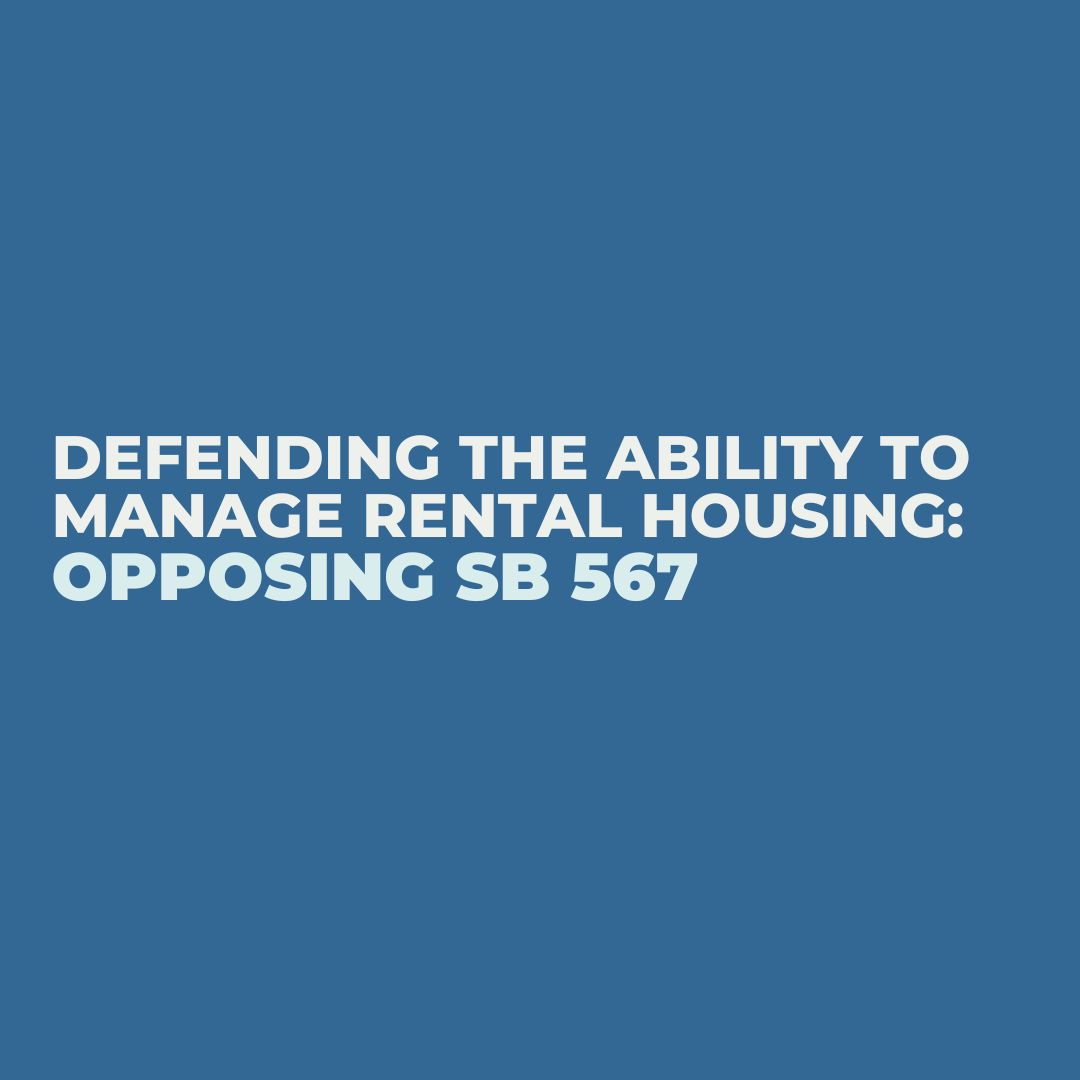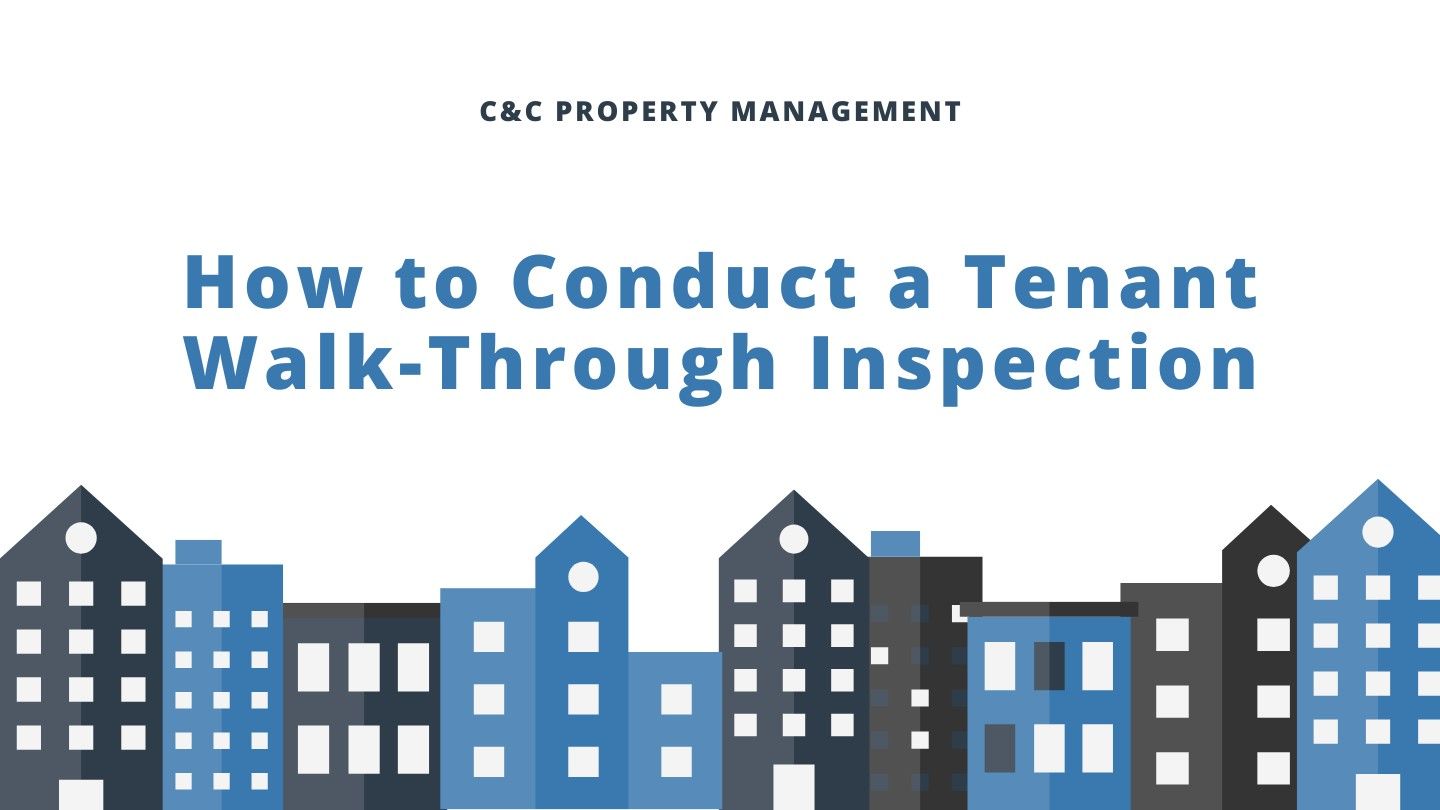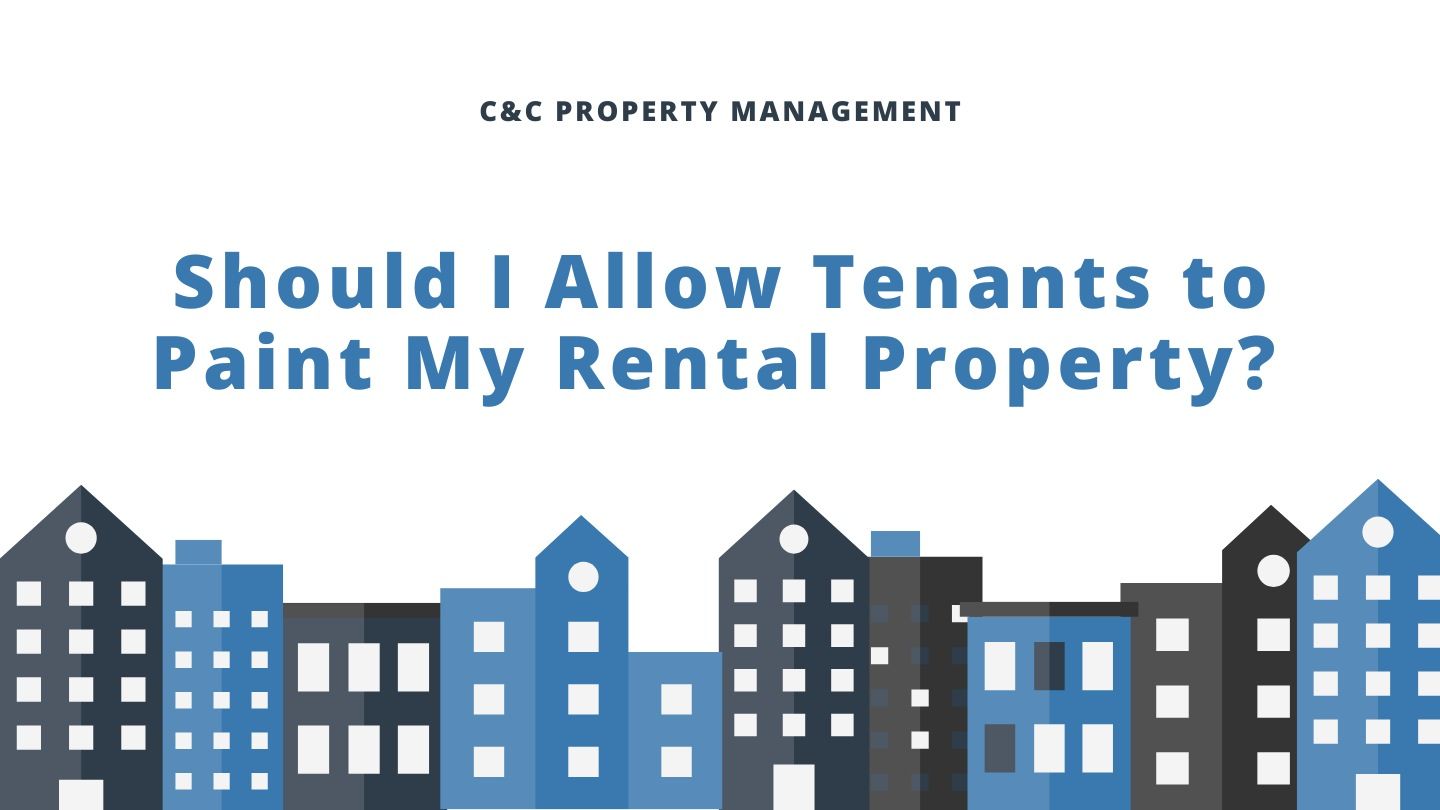Defending the Ability to Manage Rental Housing: Opposing SB 567
The rental housing market in California is facing a critical threat that demands immediate attention and action.

Senate Bill 567, proposed by Senator Maria Elena Durazo, has the potential to disrupt the ability of property owners to effectively manage and invest in rental housing. This article aims to shed light on the negative impact of SB 567 and urges readers to take action to safeguard their rights as property owners.
Restricting Property Owners' Freedom:
One of the major concerns raised by SB 567 is its restrictive definition of an "owner." This provision could prevent property owners from moving into their own properties if the need arises. Imagine being prohibited from occupying your own property due to this legislation, which encroaches on property rights and personal freedoms. Such restrictions undermine the fundamental principles of property ownership and may have far-reaching consequences for property owners throughout California.
Impeding Essential Repairs and Renovations:
The bill's provisions also pose a threat to property owners' ability to address significant property damage or conduct necessary renovations. Tenant safety should always be a priority, and property owners must have the flexibility to undertake repairs promptly. However, SB 567 could potentially obstruct these essential actions, leading to prolonged delays in addressing safety concerns. This not only compromises the well-being of tenants but also puts property owners in a difficult position.
Creating Obstacles for Property Sales and Investments:
Small property owners seeking to exit the rental market or sell their properties may face unnecessary hurdles under SB 567. Property sales and investments are crucial aspects of a dynamic and healthy housing market. The introduction of additional obstacles could discourage small property owners from engaging in these transactions, ultimately affecting the overall stability and growth of the rental housing industry in California.
Take Action to Oppose SB 567:
Given the potential negative consequences outlined above, it is crucial for property owners and stakeholders in California's rental housing industry to take immediate action to oppose SB 567. It is time to unite and protect our rights as property owners and ensure the continued health of the rental housing market.
You can voice your opposition to SB 567 by clicking on the provided link, which will enable you to send a message to your Assembly member expressing your concerns. Every individual's participation is vital in safeguarding our ability to manage rental housing effectively and maintaining the balance between tenant rights and property ownership.
Conclusion:
SB 567 represents a significant challenge to property owners' ability to manage and invest in rental housing in California. Its restrictive provisions threaten property rights, hinder essential repairs and renovations, and create unnecessary obstacles for property sales and investments. By opposing this bill and taking action, property owners can protect their interests and ensure a vibrant and sustainable rental housing market. Let us stand united and fight to maintain the balance between tenant rights and property ownership for the betterment of all.








